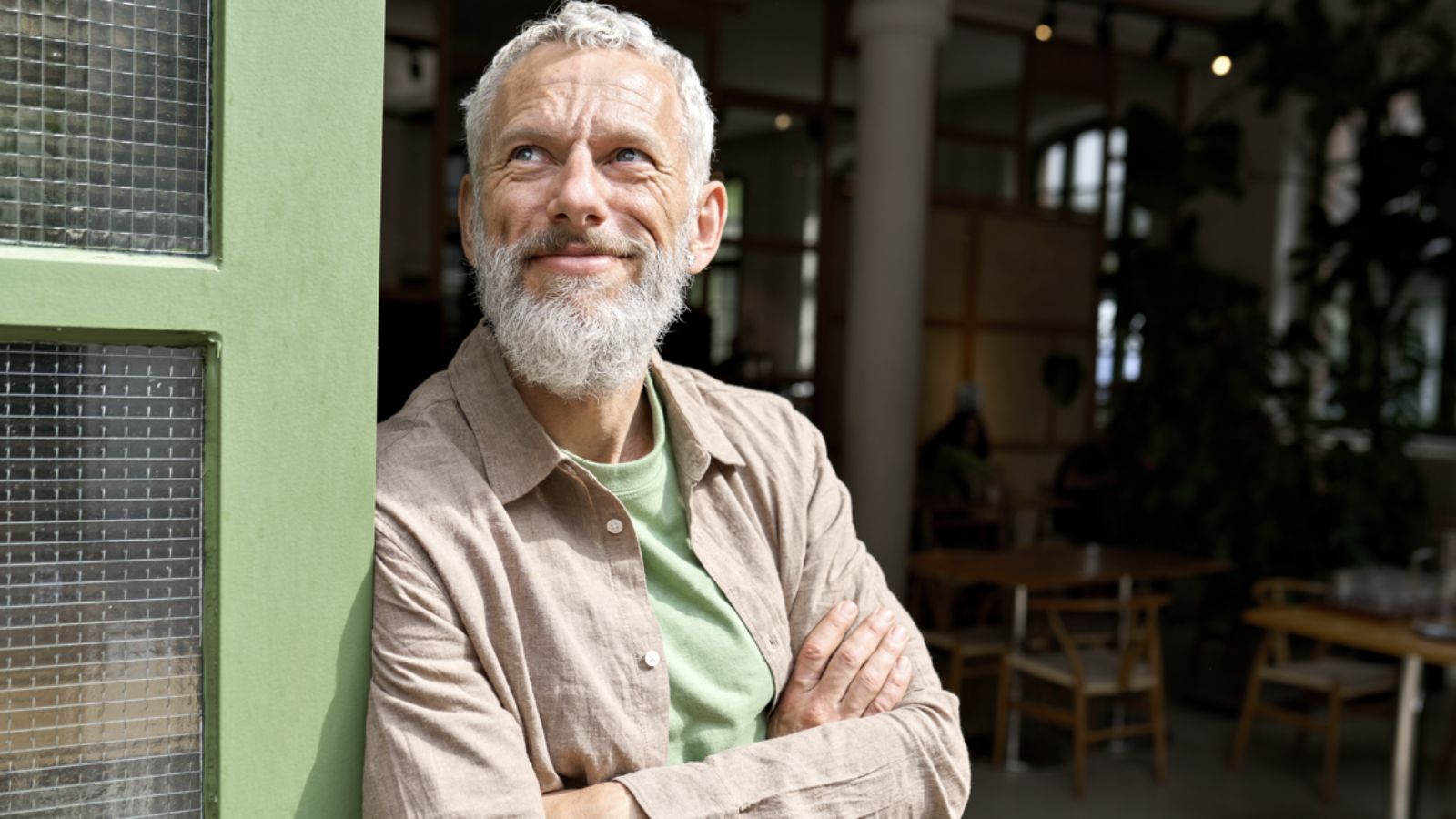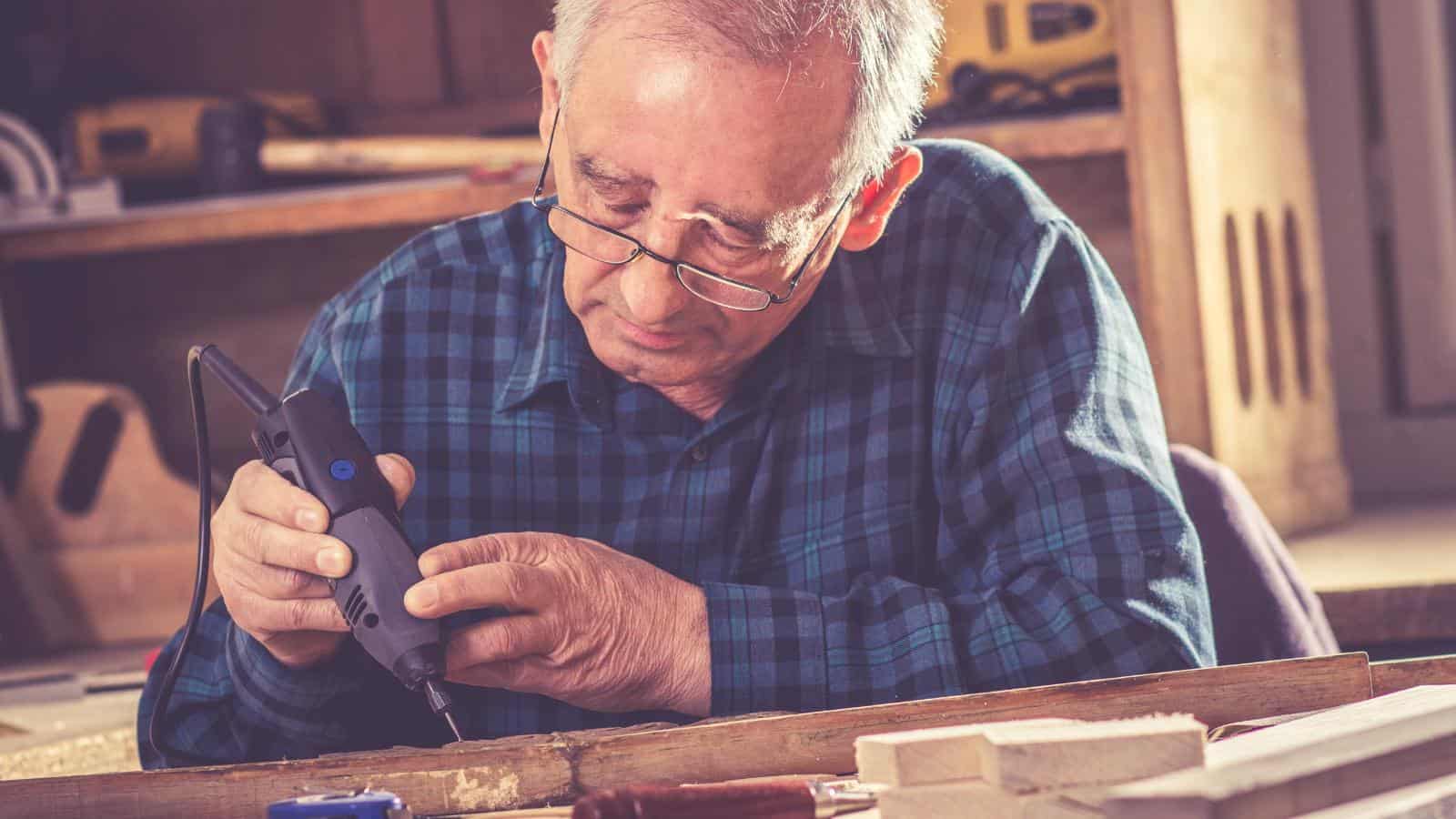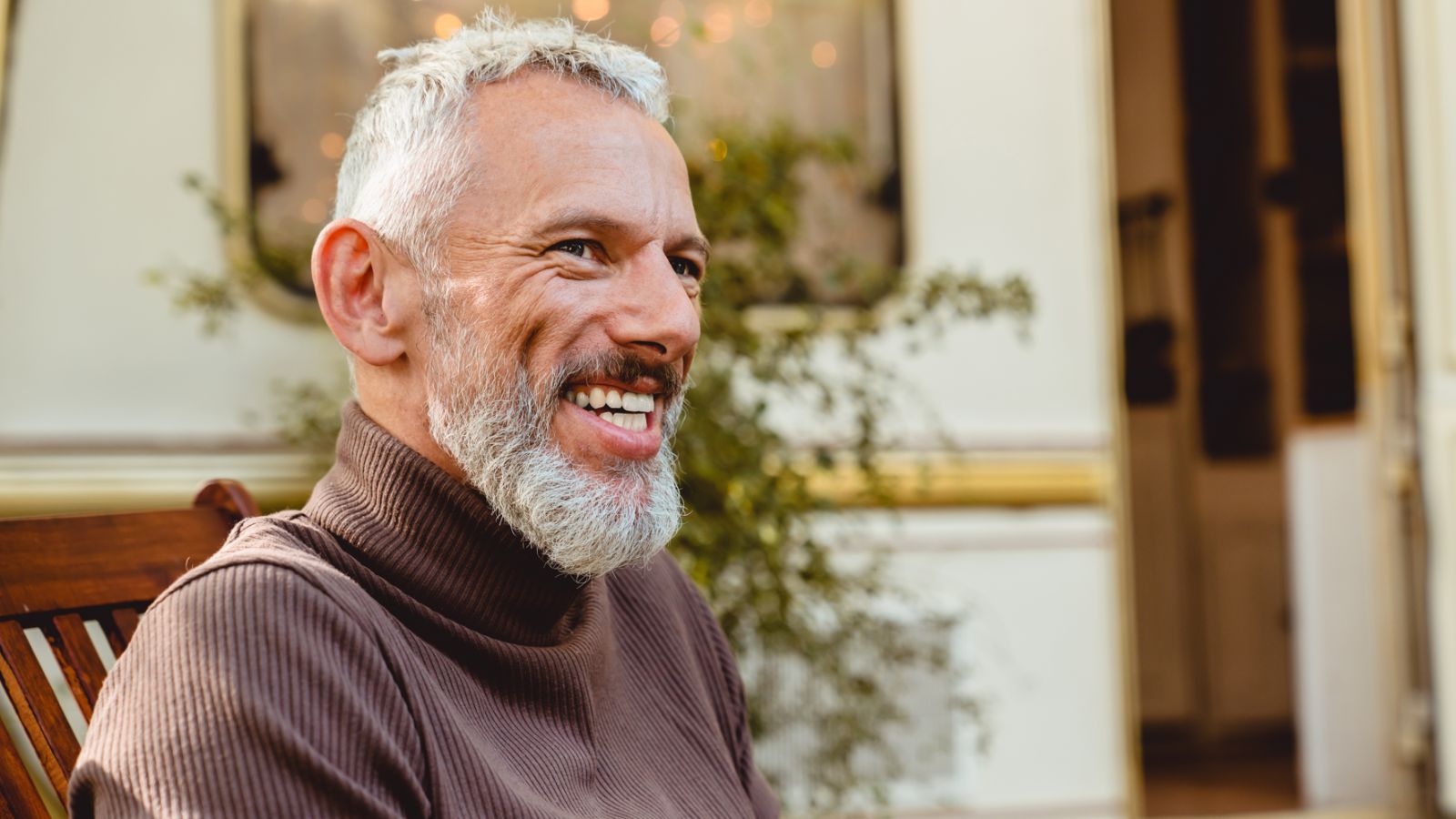The choice to embrace solitude is a personal one, and the need for constant business and social interactions tends to diminish as we age. For older men in particular, relishing retirement can mean a growing intolerance of others and a fondness for their own company, leading them to seek their own company more and more. Here are 17 reasons why many men over 60 are happier alone.
Peace and Quiet

As men age, they often experience a growing intolerance to loud, disruptive noises. Research suggests that sensory sensitivity increases with age, making the hustle and bustle of busy places unappealing. The Washington Post says older men often seek quiet and tranquility as a respite from the overstimulation of crowded environments, even within their own homes.
Self-Sufficiency

The Rational Male says that lone men aren’t necessarily lonely—years of life experience often promote self-sufficiency and independence, so they take pride in managing their own lives on their own terms without external interference. This personal capability isn’t just a lifestyle choice; it’s often vital to their sense of self.
Simplification of Life

With age comes the desire to live a simpler life with fewer responsibilities, obligations, and things to remember. Lifestyle Fifty claims that older men often find that material possessions, social status, and large friend circles simply ‘clutter’ their lives and negatively impact their mental health. Solitude is one way they can make their lives easier and less complicated.
Self-Reflection

According to The Atlantic, being alone offers an invaluable opportunity for self-reflection that isn’t possible when surrounded by other people. Many older men find that being alone allows them to think more deeply, make peace with their past, and resolve current issues. This introspection can help with personal growth, self-awareness, and acceptance.
Reduced Tolerance for Drama

Teenagers are well known for high-drama social interactions, but this propensity for theatrics wanes as we age. Author Olivia Love asserts that tolerance for social drama and superficial relationships declines with age, particularly for men. Older men often seek solitude to avoid the emotional strain and adverse mental health effects of other people’s drama.
Shifting Priorities

Fitness coach John Forshtay on LinkedIn recommends solitude for older men, stating that life priorities shift as we age and, as the importance of career success and social networking fades, time alone becomes more desirable and worthwhile. Many older males prioritize solo hobbies (like gardening, DIY, or collecting) and prefer self-reflection to socializing.
Declining Health

Declining health and mobility issues tend to impact men more than women, largely because they have shorter lifespans on average and are less likely to visit a doctor. Health issues can make older men hesitant about socializing, especially if exercise, standing, rich foods, or alcohol are involved, as these may aggravate health complaints.
Increased Appreciation for Nature

According to Nature, males are more likely to harbor a love for wildlife and being outdoors, close to nature. Activities like wildlife-tracking, birdwatching, gardening, and hiking are often best enjoyed alone or in small groups, so getting away from busy places can be appealing for older men who love nature.
Creative Expression

The reduced workloads of retirement are often the first time adult men have had sufficient free time to explore creative pursuits like woodworking, painting, music, and writing. Such activities often require solitude and concentration, making time alone an essential requirement for their new-found artistic expression.
Relief from Social Expectations

After a lifetime of living under the scrutiny of society and the associated expectations on how men should act, feel, and interact, many men find relief in rejecting social expectations. Being alone can help older men break away from these pressures, and they often appreciate the mental freedom and relief that come with it.
Mindfulness and Meditation

There are many health benefits associated with meditation, especially for older people, including improved mental and physical health and reduced loneliness. An increased interest in emotional balance and focus leads many older men to seek solitude, as such activities require peace and isolation.
Recovery Time

Younger people tend to ‘bounce back’ quickly after illness and injury, yet older individuals often require more time to regain their strength. Older men, in particular, may struggle with health concerns and find social obligations draining and difficult during periods of recovery, leading them to seek the restful comfort of their homes.
Valuing Deeper Connections

As men age, they tend to seek ‘quality over quantity’ when it comes to relationships. The vapid, transient social circles of youth are long gone, and many men only make time for individuals they share a strong bond with and are highly invested in. This can lead to an avoidance of new social situations and a preference to spend time with a few close friends.
Coping with Loss

As people age, the likelihood they’ll lose a partner, family member, or friend dramatically increases. The NIH states that seniors can be significantly impacted by grief and may grieve in different ways. Many older men seek solitude in order to privately process and cope with such emotional distress, especially if raised in a time when men were not encouraged to show emotion.
Enjoyment of Solo Hobbies

Solo hobbies such as reading, model building, or playing a musical instrument offer fulfillment that doesn’t require company. These activities may have been challenging for men to enjoy when they were younger if they worked full-time or had young families, so retirement can be a great time to indulge in such pursuits.
Spiritual Practices

Whether it’s a lifelong religion or a new-found spirituality, older people approaching the end of their lives have a greater focus on spiritual growth, moral choices, and the afterlife. Solitude is often necessary to provide the peace and quiet that effective prayer, meditation, or spiritual reading requires.
Technological Overload

If socializing with others means increased smartphone use, technical language, and social media, older people can shy away from involvement, particularly if they’re not as tech-savvy as their peers. Some male seniors can find constant connectivity overwhelming; instead, they seek to be alone and peaceful without the continuous confusion of digital intrusions.
